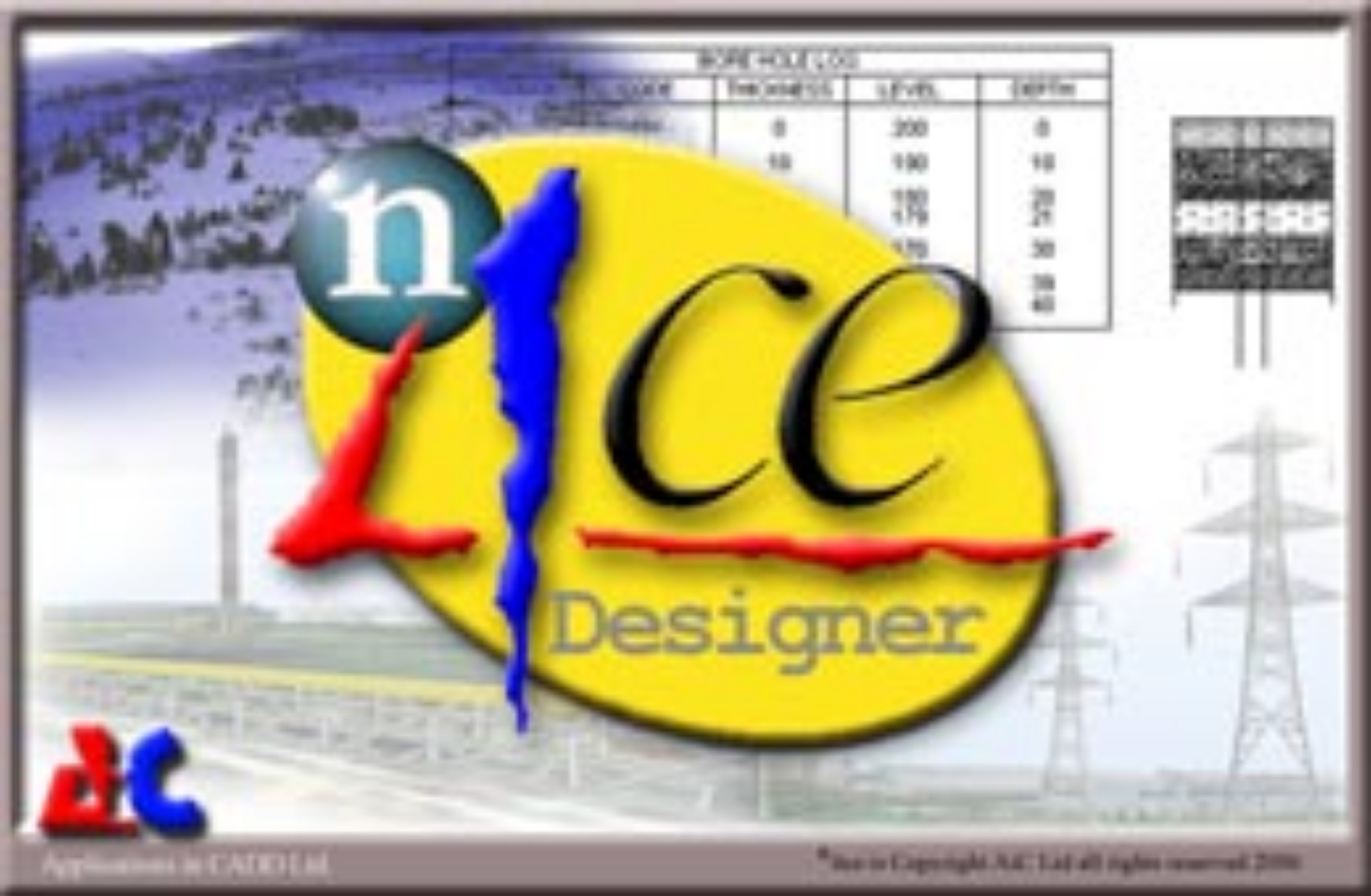 n4ce Designer £3795.00 Ex. VAT
n4ce Designer £3795.00 Ex. VAT Detailed Description
The n4ce Designer edition is the go-to solution for professionals operating in the fields of geological modelling, mining, and railway surveying. Whether you are a design engineer or an earthworks contractor, this sophisticated software empowers you with a comprehensive suite of advanced functionalities. From horizontal and vertical alignment design to earthworks planning and cut/fill balancing, n4ce Designer is meticulously designed to enhance precision, streamline operations, and ultimately improve project outcomes. With its rich set of features, this software adapts effortlessly to the specific needs of your projects, allowing you to execute tasks with unparalleled efficiency.
A standout feature of this edition is its specialist applications tailored exclusively for complex geological modelling and mining operations. With tools that facilitate effective road and railway alignment designs, users can achieve improved layout accuracy without hassle. The software boasts the capability for multi-surface modelling, enabling the creation of detailed 3D models that provide comprehensive analysis and visualization of complex terrains. This level of detail is critical for making informed decisions and generating insightful reports, ensuring that all aspects of a survey or project requirements are meticulously addressed.
One of the n4ce Designer's most impressive features is its advanced lidar processing capabilities. This allows for efficient editing and interpretation of lidar data, significantly simplifying the surveying process. Coupled with robust cut/fill balancing functionalities, which take into account bulking factors, the software ensures optimal earthworks management. When combined with the utility of visibility analysis, you can easily assess line-of-sight scenarios that are essential for effective planning and project conception. This dual focus on both practical execution and strategic oversight positions n4ce Designer as an invaluable asset in your toolkit.
The n4ce Designer is not only user-friendly but is also designed to integrate seamlessly with AutoCAD. This ensures a smooth transition from data collection to CAD integration, supporting numerous survey instruments and workflows. Coupled with optional support contracts, you gain access to technical assistance, regular software updates, and a vibrant user community focused on productivity and knowledge sharing. Elevate your projects and workflows with n4ce Designer—a powerful ally in achieving your surveying and modelling goals while maximizing efficiency and accuracy.
Features & Benefits
- Efficient data storage through rectangular arrays, minimizing mass data footprint by retaining only nodal height.
- Advanced editing tools to update grids from ground surveys and eliminate extraneous points along key areas such as rivers and roads.
- Ability to superimpose aerial photographs onto grid data for enhanced visualization and analysis.
- Height factoring functionality models underlying strata profiles, predicting ground level variations accurately.
- Surcharge and bulking factoring features allow for precise settlement predictions in complex models.
- Calculates balancing cut and fill levels based on the existing ground for effective design of building footprints and floor levels.
- Supports the design of Horizontal and Vertical Alignments, facilitating modeling of pavements, pipelines, and rail systems.
- Integration with MX GENIO enables seamless input/output for horizontal transitions and vertical parabolas in design.
- Reports and analyzes rail survey data, providing insights on overlaps, parallels, versines, offsets, and cants.
- Visibility analysis through radial sections, clearly distinguishing visible and hidden segments based on observer height.
Technical Specification
Document Download
Documentation File Format Size

